Car Dealerships Renew Opposition To Electric Vehicle Sales Quotas
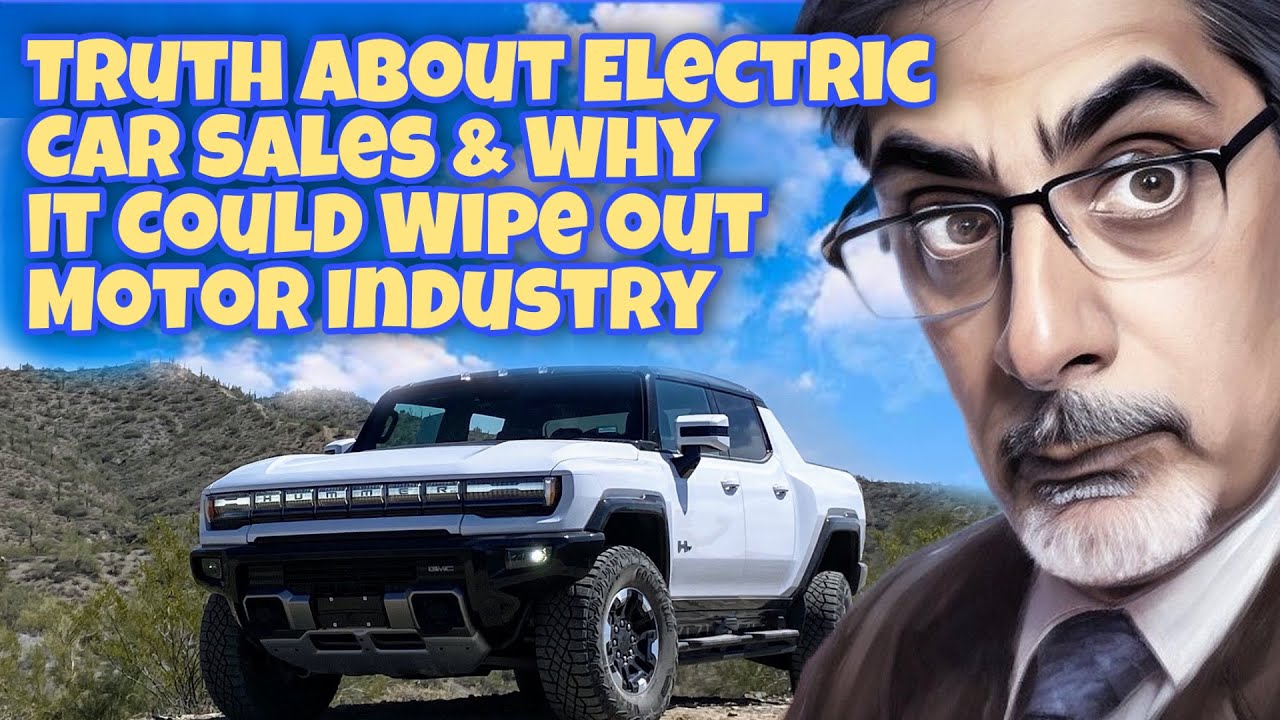
Table of Contents
Dealerships' Concerns Regarding Infrastructure and Readiness
A primary concern voiced by dealerships revolves around the inadequate infrastructure supporting widespread EV adoption. The current landscape falls short of what's needed to make EVs a truly viable alternative for consumers.
- Insufficient Public Charging Stations: Many areas lack sufficient public charging stations, particularly in rural regions. This "range anxiety" – the fear of running out of charge before reaching a charging point – remains a major hurdle for potential EV buyers.
- Uneven Geographical Distribution: Existing charging stations are often clustered in urban areas, leaving drivers in less populated regions with limited options. This uneven distribution exacerbates the range anxiety issue and limits the practical appeal of EVs.
- Long Charging Times Compared to Gasoline Refueling: While fast-charging technology is improving, charging an EV still takes considerably longer than filling a gasoline tank. This time difference presents a significant inconvenience for many drivers, especially those accustomed to quick refueling stops.
Beyond infrastructure, dealerships express concerns about their workforce's preparedness for the EV revolution.
- Need for Specialized Training: EVs require specialized knowledge for sales, maintenance, and repair. Dealerships need comprehensive training programs to equip their staff with the necessary skills.
- Lack of Skilled Technicians: The transition to EVs necessitates a workforce proficient in EV-specific technologies. A shortage of skilled technicians could hinder efficient EV service and repair.
- Different Service Requirements for EVs: EV maintenance differs significantly from gasoline vehicle maintenance, requiring specialized tools, equipment, and diagnostic procedures. Dealerships need to invest in upgrading their service departments to handle these differences.
Finally, the impact on existing inventory and sales processes is a significant concern.
- Higher Upfront Costs of EVs: The higher initial cost of EVs compared to gasoline vehicles can impact sales volumes and potentially lead to overstocking of less desirable gasoline vehicles.
- Potential for Overstocking Gasoline Vehicles: The shift towards EVs necessitates adjustments to inventory management to avoid being stuck with unsold gasoline vehicles.
- Adjustments Needed to Showroom Setups: Showrooms might require significant modifications to accommodate EV displays and charging infrastructure.
Economic Impact and Financial Viability
Dealerships argue that the transition to EV sales presents considerable economic challenges.
- Higher Investment Costs for EV Infrastructure: Upgrading facilities to support EV sales, including installing charging stations and training staff, demands substantial financial investment.
- Potential Losses from Existing Gasoline Vehicle Inventory: The rapid shift towards EVs could result in significant losses on existing gasoline vehicle inventory.
- Reduced Profit Margins on EVs: Dealerships may experience reduced profit margins on EVs compared to gasoline vehicles, especially in the initial stages of EV adoption.
The potential impact on dealership employment is another key concern.
- Potential Job Losses Due to Automation in EV Maintenance: Some EV maintenance tasks might be automated, potentially leading to job displacement for certain technicians.
- Need for Retraining Existing Staff: Existing staff may require significant retraining to acquire the skills needed to service and maintain EVs effectively.
Finally, dealerships highlight concerns about consumer affordability and demand.
- Higher Purchase Prices of EVs: The higher purchase price of EVs compared to gasoline vehicles remains a barrier to entry for many consumers.
- Lack of Consumer Awareness and Acceptance of EVs: Many consumers remain hesitant about switching to EVs due to a lack of awareness about their benefits and capabilities.
- Range Anxiety: The fear of running out of charge before reaching a charging station continues to be a significant factor limiting consumer adoption.
Counterarguments and Industry Perspectives
While dealerships express valid concerns, supporting arguments exist for the implementation of electric vehicle sales quotas.
- Environmental Benefits of EVs: EVs significantly reduce greenhouse gas emissions compared to gasoline vehicles, contributing to a cleaner environment.
- Government Incentives to Encourage Adoption: Government incentives, such as tax credits and subsidies, are designed to encourage EV adoption and make them more affordable.
- Long-Term Economic Growth Through the EV Industry: The growth of the EV industry is expected to create new jobs and economic opportunities in manufacturing, infrastructure development, and related sectors.
EV manufacturers and environmental groups strongly support the transition to EVs. Statements from industry leaders emphasize the long-term benefits of this shift. Environmental groups highlight the urgency of reducing carbon emissions to mitigate climate change. Collaboration and compromise are essential.
- Phased Implementation of Quotas: A gradual implementation of quotas could alleviate the immediate burden on dealerships while ensuring a steady transition to EVs.
- Government Support for Infrastructure Development: Government support for the development of charging infrastructure is crucial to address the range anxiety issue and encourage EV adoption.
- Training Programs for Dealership Staff: Government-sponsored training programs can help dealerships equip their staff with the necessary skills to service and maintain EVs.
Conclusion
The renewed opposition from car dealerships to electric vehicle sales quotas highlights a complex challenge. While legitimate concerns about infrastructure, economic viability, and consumer readiness must be addressed, the long-term benefits of transitioning to electric vehicles are undeniable. Finding a balanced approach that addresses dealerships' anxieties while promoting the vital shift towards EVs is crucial. Further dialogue and collaboration are needed to ensure a smooth transition, effectively implementing electric vehicle sales quotas and fostering a sustainable automotive future. Open communication and proactive solutions are key to navigating this critical juncture and achieving the goals of both the automotive industry and environmental sustainability.

Featured Posts
-
 Chinas Bid For Canadian Partnership A Response To Us Policies
Apr 25, 2025
Chinas Bid For Canadian Partnership A Response To Us Policies
Apr 25, 2025 -
 Bnp Paribas Equity Trading Record High Amidst Rising Costs
Apr 25, 2025
Bnp Paribas Equity Trading Record High Amidst Rising Costs
Apr 25, 2025 -
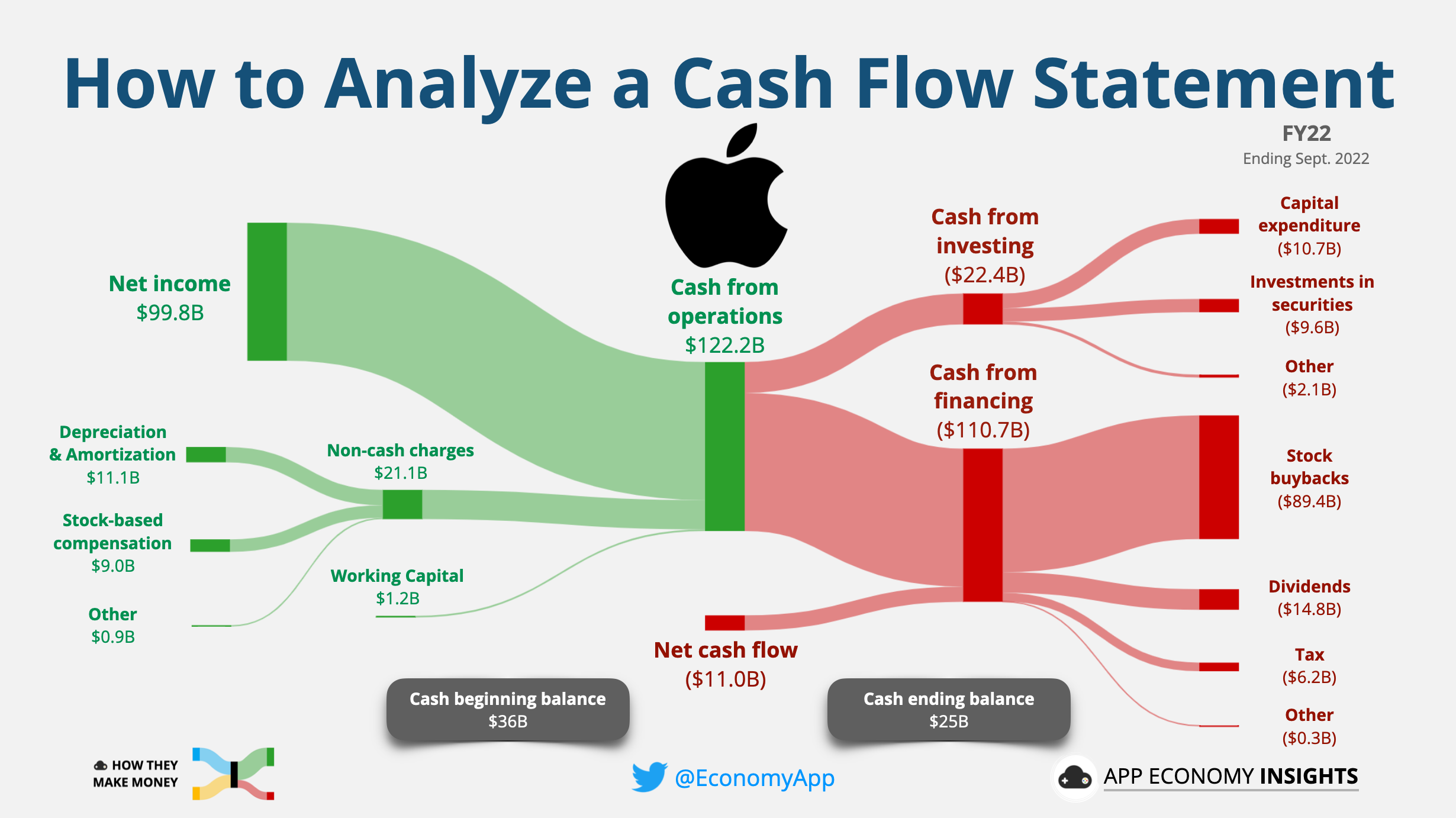 Enis Reduced Cash Flow Impact On Share Buyback And Future Outlook
Apr 25, 2025
Enis Reduced Cash Flow Impact On Share Buyback And Future Outlook
Apr 25, 2025 -
 Navigating Import Tariffs The Struggle Of A Montreal Guitar Manufacturer
Apr 25, 2025
Navigating Import Tariffs The Struggle Of A Montreal Guitar Manufacturer
Apr 25, 2025 -
 Sadie Sinks Mystery Role In The New Spider Man Movie
Apr 25, 2025
Sadie Sinks Mystery Role In The New Spider Man Movie
Apr 25, 2025
Latest Posts
-
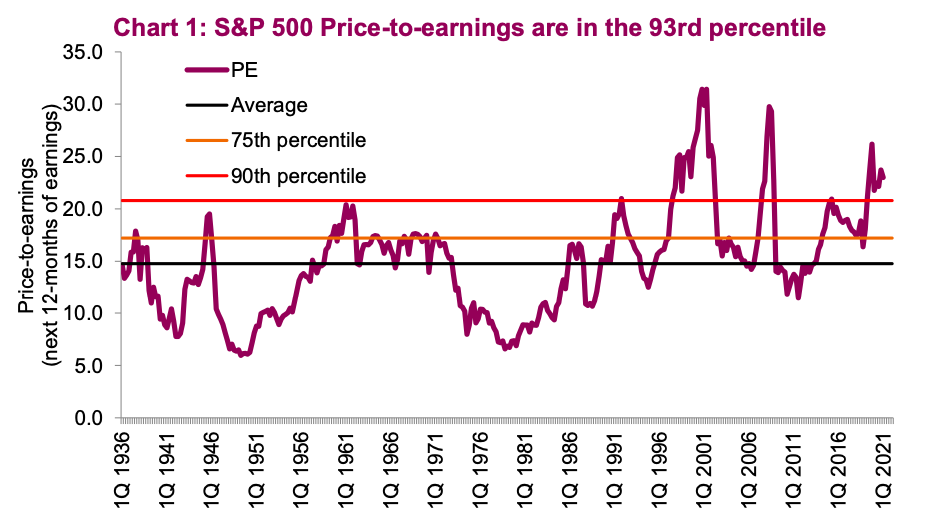 Addressing Investor Concerns Bof As View On High Stock Market Valuations
Apr 26, 2025
Addressing Investor Concerns Bof As View On High Stock Market Valuations
Apr 26, 2025 -
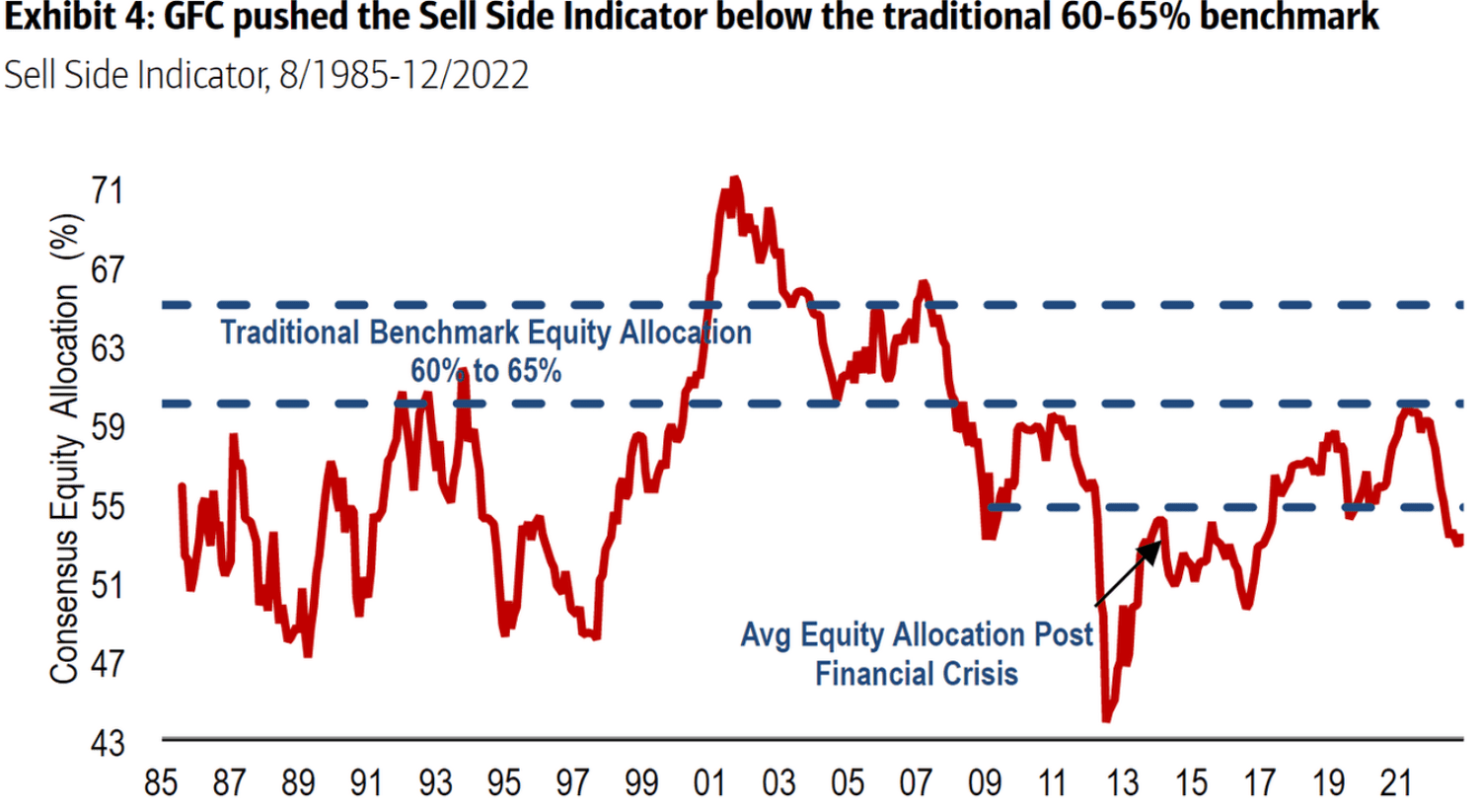 Bof A On Stock Market Valuations A Rationale For Investor Confidence
Apr 26, 2025
Bof A On Stock Market Valuations A Rationale For Investor Confidence
Apr 26, 2025 -
 Why Current Stock Market Valuations Are Not A Reason To Panic According To Bof A
Apr 26, 2025
Why Current Stock Market Valuations Are Not A Reason To Panic According To Bof A
Apr 26, 2025 -
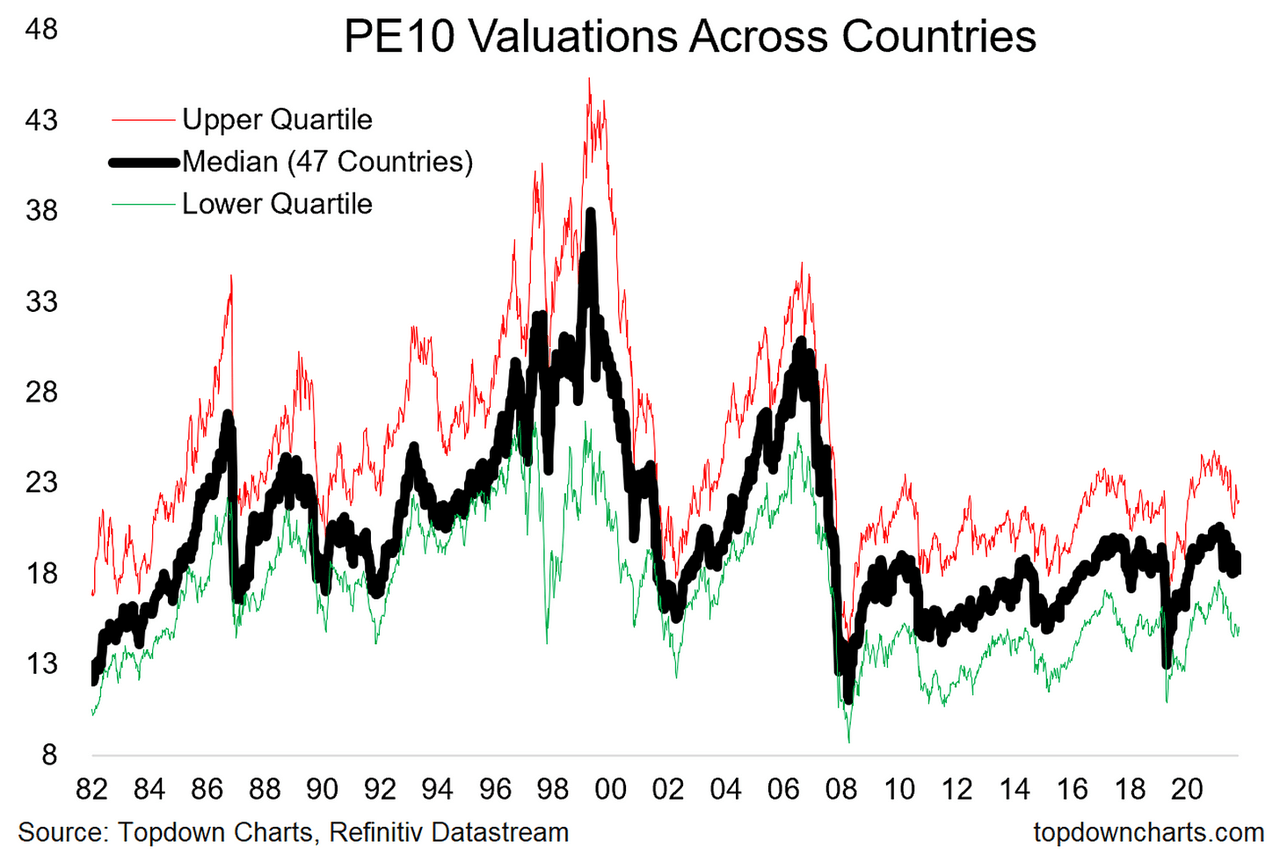 Understanding Stock Market Valuations Bof As Argument For Calm
Apr 26, 2025
Understanding Stock Market Valuations Bof As Argument For Calm
Apr 26, 2025 -
 Bof A Reassures Investors Why High Stock Market Valuations Are Not A Threat
Apr 26, 2025
Bof A Reassures Investors Why High Stock Market Valuations Are Not A Threat
Apr 26, 2025
